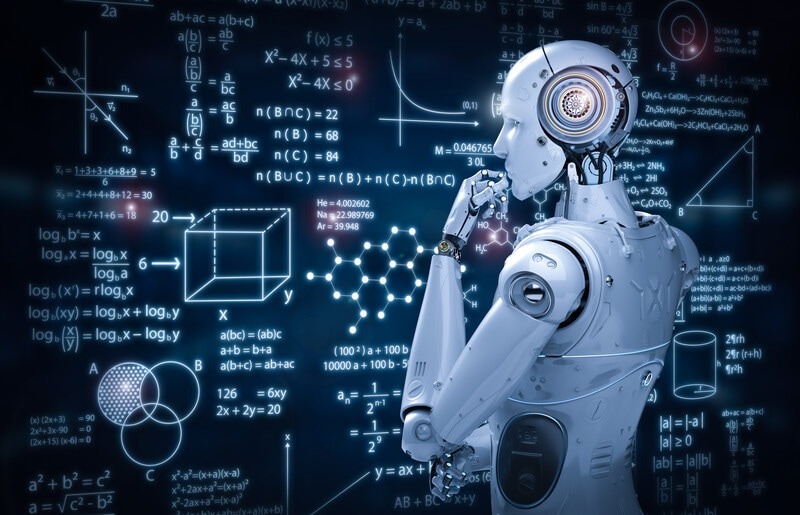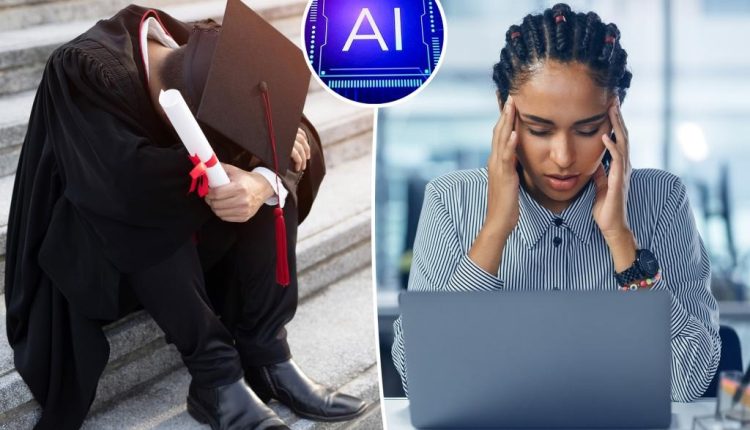Why AI Is Leaving Computer Science Graduates Unemployed
AI Shifts Job Market for Computer Science Grads
Recent computer science graduates confront an increasingly hostile job market, with unemployment rates reaching 6.1% for computer science majors and 7.5% for computer engineering graduates, double the rate of art history (3%) and biology majors. This startling reversal of fortune for a once-bulletproof career path stems from artificial intelligence automating entry-level coding tasks, corporate restructuring, and shrinking opportunities at major tech firms.
The latest Federal Reserve Bank of New York data reveals these unemployment figures mark the highest levels for computer-focused majors since 2021. Paradoxically, majors like nutritional science (0.4% unemployment) and philosophy (3.2%) now outperform several STEM fields in employment rates.

AI’s Disruptive Impact on Entry-Level Roles
Tech giants, including Amazon, Microsoft, and Meta, have eliminated tens of thousands of positions in 2025 while redirecting budgets toward AI infrastructure. Microsoft CEO Satya Nadella openly stated that tools like GitHub Copilot now write 30% of new code, reducing demand for junior developers. Similarly, IBM replaced 8,000 HR and support roles with AI chatbots this spring.
“AI excels at tasks traditionally given to new graduates: data collection, basic visualization, and routine coding,” explains Dr. Tristan Botelho, Yale organizational behavior professor. “Managers openly discuss reducing entry-level headcount because automation handles predictable work efficiently”.
Over 10,000 U.S. layoffs in 2025 were directly attributed to generative AI adoption, with an additional 20,219 cuts linked to broader “technological updates.” Consulting firms like McKinsey now deploy AI agents for work previously handled by junior analysts.

Market Contraction Hits Graduates Hardest
The tech sector announced 89,251 layoffs in 2025, a 36% annual increase, while entry-level corporate job postings fell 15% year-over-year. This compounds challenges for new graduates competing against experienced workers displaced by AI-driven restructuring.
“Computer science graduates face competition from non-degree holders with certifications and self-taught coders,” notes economist Mark Perry. “Employers increasingly prioritize proven skills over academic credentials”.
The unemployment surge reflects a fundamental mismatch: computer science remains the fastest-growing undergraduate major, yet tech companies simultaneously reduce hiring and automate entry-level functions. Oxford Economics attributes 85% of rising youth unemployment to new graduates struggling to find positions, not industry-wide job elimination.
Adapting to the AI-Era Job Market
Recruitment specialists observe a 400% increase in employers referencing AI in job descriptions over two years. Graduates who demonstrate AI fluency gain significant advantages.
“During interviews, firms now routinely ask candidates about their experience with ChatGPT or similar tools,” says David Bell of executive search firm Odgers. “Applicants without this exposure struggle”.
Sophie O’Brien of Pollen Careers advises graduates to target small and mid-sized businesses (SMEs): “These companies desperately need AI skills but lack resources to develop them. Bringing this expertise to an SME offers transformational impact and job opportunities”.
While Goldman Sachs reports a 3% unemployment spike among young tech workers since January 2, some economists caution against overstating AI’s role. Claire Tyler of the Institute for Student Employers notes that broader economic uncertainty, including new tariffs and inflation, contributes significantly to hiring slowdowns.

The data signals a permanent shift, not a temporary downturn. As Amazon CEO Andy Jassy stated internally, AI adoption means “we will need fewer people” long-term. For new graduates, survival requires developing irreplaceable skills: strategic problem-solving, human-centered design, and AI collaboration.
“The degree alone isn’t enough anymore,” emphasizes HR consultant Bryan Driscoll. “Companies want candidates who combine technical training with practical experience and adaptability. As AI reshapes tech’s hiring landscape, computer science graduates must now engineer their recovery.
Subscribe to my whatsapp channel


Comments are closed.